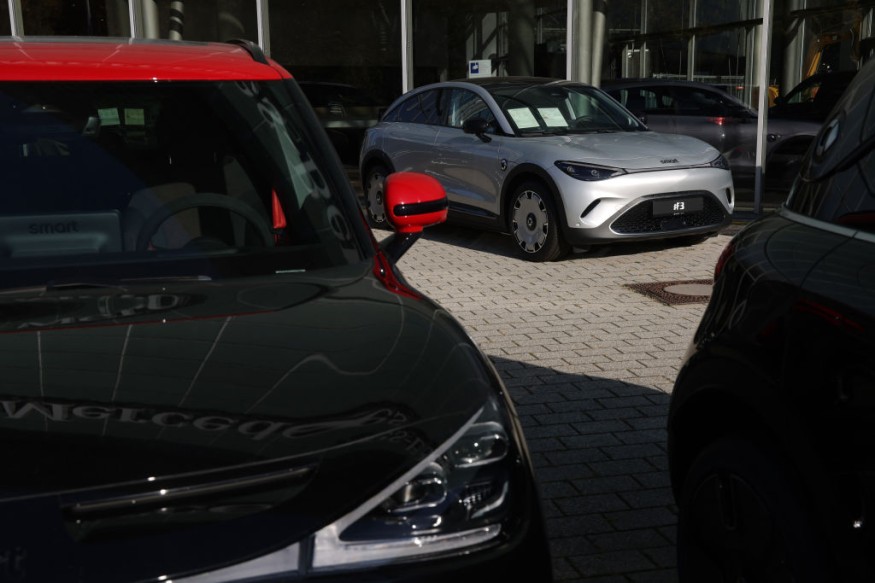
Donald Trump's transition team is preparing major changes to current electric vehicle (EV) policies, with proposals to cut government support for EVs and impose new tariffs on battery materials and auto parts.
The recommendations, outlined in a recent document, aim to boost U.S. production of EV batteries while reducing reliance on China's supply chain.
EV Subsidies Cut and New Tariffs Proposed to Boost US Battery Production
The proposals include eliminating federal subsidies, such as the $7,500 tax credit that helps make EVs more affordable for buyers, FirsPost said.
Instead, the transition team suggests redirecting those funds to national defense projects.
This money would be used to secure China-free sources of critical minerals, like lithium and graphite, needed for battery production.
The team also recommends global tariffs on EV battery components and materials. These tariffs would be justified on national security grounds, with the goal of strengthening domestic production.
The plan includes negotiating exemptions with allied nations to open up trade opportunities for US-made vehicles and batteries.
In addition to tariffs, the team suggests rolling back stricter fuel economy and emission standards set by the Biden administration. The proposed changes would allow automakers to produce more gas-powered vehicles and emit about 25% more pollution per mile compared to current regulations.
Fuel efficiency for vehicles would also drop by approximately 15%. These rollbacks mark a return to 2019 standards, easing requirements for car manufacturers.
Trump Team Proposes Blocking California Emission Standards, Shifting Focus to Military
According to Reuters, Another key point of the proposal is blocking California's ability to set its own emission standards.
California's policies are often adopted by other states, pushing stricter environmental goals across the country.
During Trump's first term, his administration blocked California's efforts, but President Biden later restored them. Now, Trump's team wants to prevent such waivers again.
While EVs and charging stations have been a focus of the Biden administration's climate goals, Trump's team argues they are not essential to defense production.
Instead, they emphasize that batteries, critical minerals, and other components are key to military needs. The plan calls for speeding up federally funded projects related to battery recycling, mineral processing, and manufacturing.
Experts believe these changes could slow the EV transition in the US, hurting automakers that have invested in electric cars, like General Motors, Hyundai, and Tesla. At the same time, tariffs could disrupt global supply chains and potentially lead to trade disputes with other countries.
Trump's transition team insists the proposals support the auto industry and allow room for both gas-powered and electric vehicles. However, environmental advocates worry these changes could increase pollution and undermine progress toward cleaner transportation.
As Trump prepares to take office, his team's recommendations signal a significant shift away from current climate-focused policies. These proposals reflect Trump's campaign promise to prioritize fossil fuels while scaling back EV incentives and environmental regulations.
















